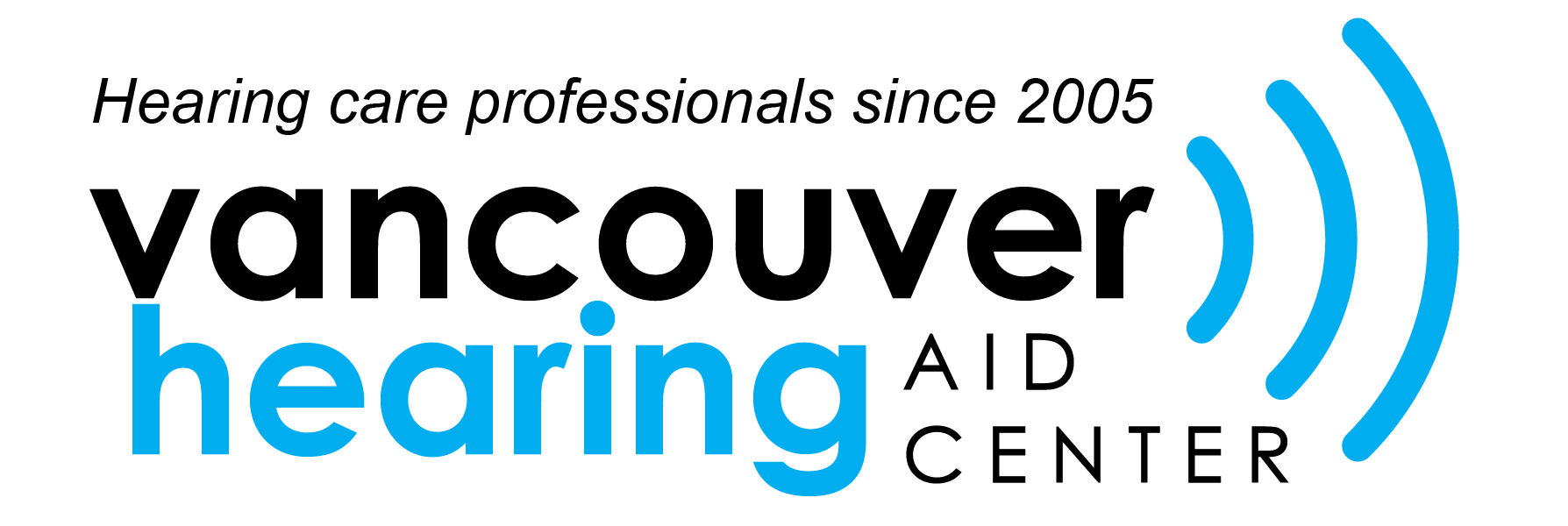Asking friends to speak up in a noisy restaurant is normal every once in a while. But if you’re always struggling to keep up with the conversation, you might be dealing with one of three damaged hearing types: conductive, sensorineural or some mix of the two. Consult your local audiologist in Vancouver, WA about the following different types of hearing loss.
Conductive
Conductive hearing loss occurs when there’s a problem with the outer or middle ear. This makes it difficult for the inner ear to process sound. Individuals with this type of hearing loss can barely detect soft, rustling noises like the rain or someone who’s whispering. They have no problem with louder sounds, but they still seem muffled, as if the person is underwater.
There are many causes of conductive hearing loss, some of which are minor and will go away on their own, while others are more serious. You could be experiencing a wax buildup in the ear canal or fluid stuck in the middle ear due to allergies or a cold. Chronic issues include Eustachian tubes that don’t properly drain the fluid and a deformed outer or middle ear. An audiologist in Vancouver, WA will diagnose the situation and suggest appropriate treatment.
Sensorineural
Unlike other damaged hearing types, sensorineural hearing loss indicates a problem with the inner ear itself. The outer and middle ear don’t hinder the sound waves with blockages or infection. Rather, sounds become more difficult to hear because the nerves running from your inner ear to your brain are damaged. Though common, sensorineural hearing loss is permanent and can only be treated with a hearing aid and regular visits with your audiologist in Vancouver, WA.
This type of hearing loss can occur during the natural aging process or due to factors in your external environment. As an example, those who enjoy live music are advised to wear ear plugs or run the risk of damaging the inner ear. Other groups who commonly experience sensorineural hearing loss include athletes in high-contact sports or people recovering from car accidents.
Mixed
It’s possible to develop both damaged hearing types at the same time. When this happens, audiologists refer to the condition as mixed hearing loss. While other types affect only the outer, middle or inner ear, mixed hearing loss results from problems with all three. The causes of conductive and sensorineural hearing loss are unrelated, but when combined, they make hearing significantly more challenging than if they were to occur separately.
Mixed hearing loss usually results as a coincidence. For instance, you might develop a cold in the middle of recovering from a head injury. Excessive fluid and damaged nerves disrupt sound in the middle and inner ear respectively. In rare cases, some people are born with a deformed middle ear and inherit a greater risk of hearing loss.
Individuals can recognize when sounds are quieter than normal, but won’t know why or what to do about it. If you’ve noticed a gradual deterioration of your hearing over time, schedule a hearing evaluation with one of the trusted audiologists at Vancouver Hearing Aid Center. We utilize industry-leading technology to detect and treat all forms of hearing loss.

